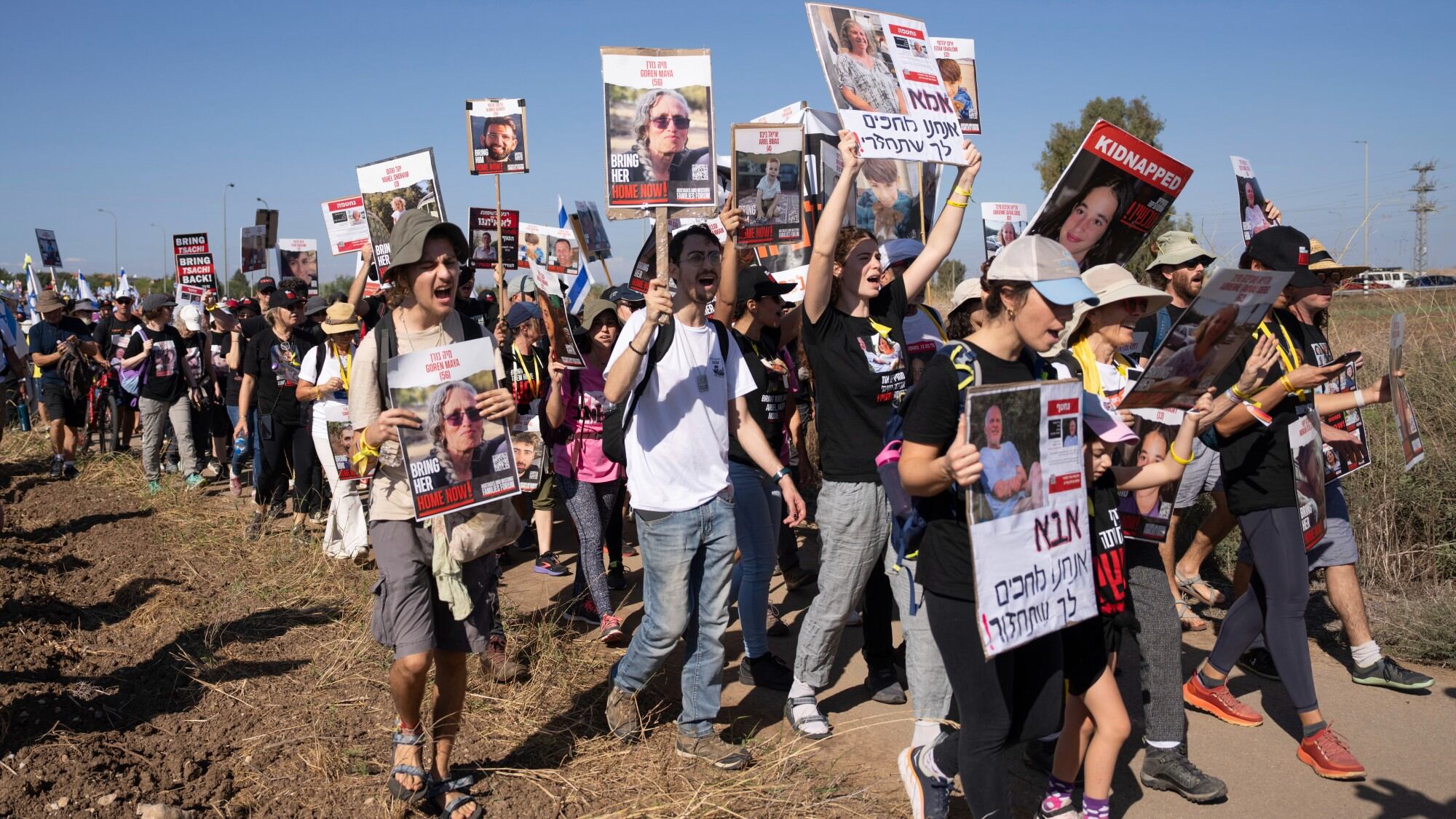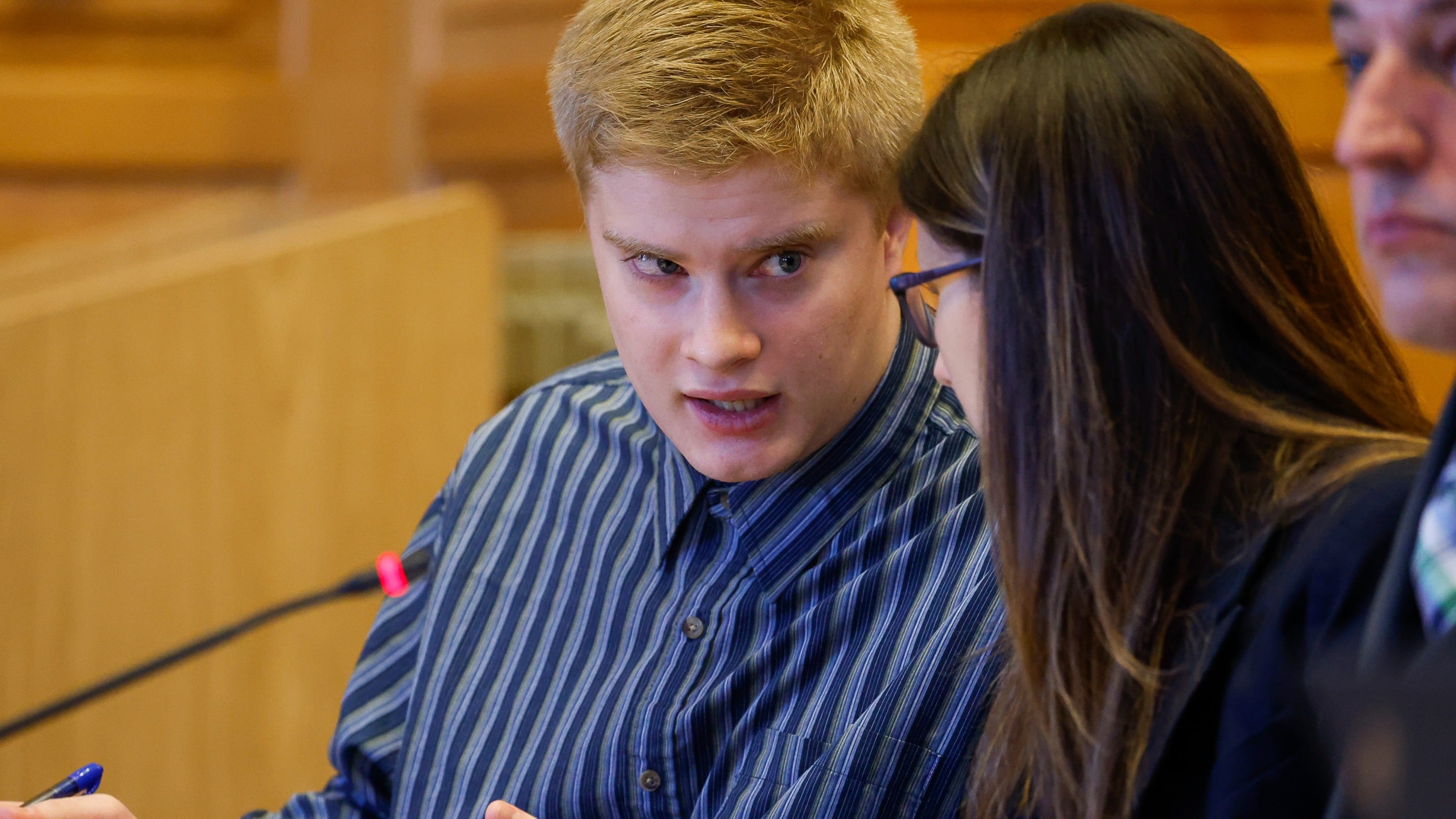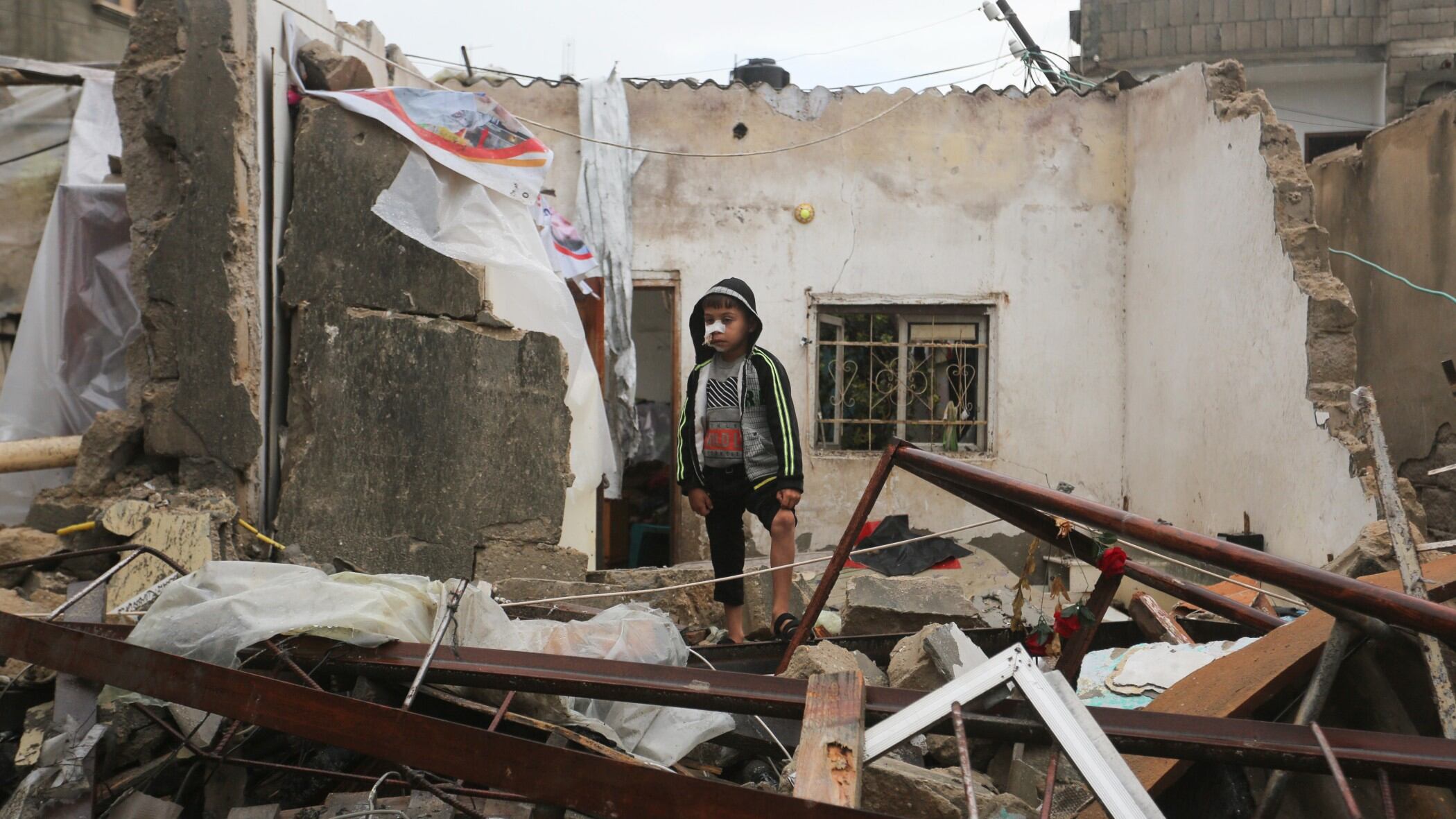California voters would decide whether to fund a major expansion of housing and treatment for residents suffering from mental illness and addiction, under the latest proposal by Gov. Gavin Newsom to address the state's homelessness crisis.
Newsom announced Sunday that he will ask allies in the Democratic-controlled Legislature for a measure on the 2024 ballot to authorize funding to build residential facilities where up to 12,000 people a year could live and be treated. The plan is the latest by the governor who took office in 2019 vowing to own the issue of homelessness in a state where an estimated 171,000 were unhoused last year.
The governor called the plan the next step in how California expands services for unhoused people, especially those with psychological and substance use disorders.
“We have to address and come to grips with the reality of mental health in this state and our nation. The question is, what can we do more and do better?” Newsom said at a news conference.
California, home to nearly 40 million people, has nearly one-third of the nation’s homeless population, and their numbers are growing much faster than in other states, according to an analysis of federal data by the Public Policy Institute of California. Tent encampments have popped up on sidewalks and under freeway overpasses, and people in clear mental health crisis are a common sight on city streets.
The initiative would be partially funded by general obligation bonds that would raise between $3 billion and $5 billion to go toward construction of “campus-style” facilities along with smaller homes and long-term residential settings, Newsom said.
In addition, it would overhaul California's Mental Health Services Act, an initiative approved by voters in 2004 that charges a 1% tax on incomes greater than $1 million to fund mental health services. Some lawmakers complained that money from the initiative bypassed those who needed it the most, and Newsom's office said the new version would improve oversight for counties.
"Modernizing it will lead to $1 billion every year for housing, treating substance abuse disorders, and more," said a statement from the governor's office.
The California State Association of Counties, representing all 58 counties in California, said in a statement Sunday that it would work with the governor and lawmakers to establish “clear responsibilities, accountability and funding for all levels of government” to address the homelessness problem.
State Sen. Susan Talamantes Eggman, D-Stockton, will introduce the measure, which would also earmark money to house more than 10,000 homeless veterans across the state, according to the statement.
Newsom unveiled details of the plan during a stop Sunday afternoon in San Diego. The governor is in the midst of a five-day statewide tour that he's using to highlight his major policy goals. The tour replaced a traditional State of the State address.
On Thursday, Newsom announced a plan to spend about $30 million to build 1,200 small homes across the state to help house people living on the streets. The homes can be assembled quickly and cost a fraction of what it takes to build permanent housing. Federal courts have ruled cities can’t clear homeless encampments if there are no shelter beds available.
Newsom will travel Monday to Imperial County to discuss how California is poised to become a global leader in electric vehicles and clean energy, his office said.
The governor's swing through California comes amid challenging times for the state. After several flush years in Sacramento, California has an estimated $22.5 billion deficit, with state revenues falling as the stock market slows.
Recent polling shows half of California voters believe the heavily Democratic state is headed in the wrong direction, including a majority of independents. And after years of growth, the state’s population has been dropping as people look elsewhere for more affordable homes and a better quality of life.













